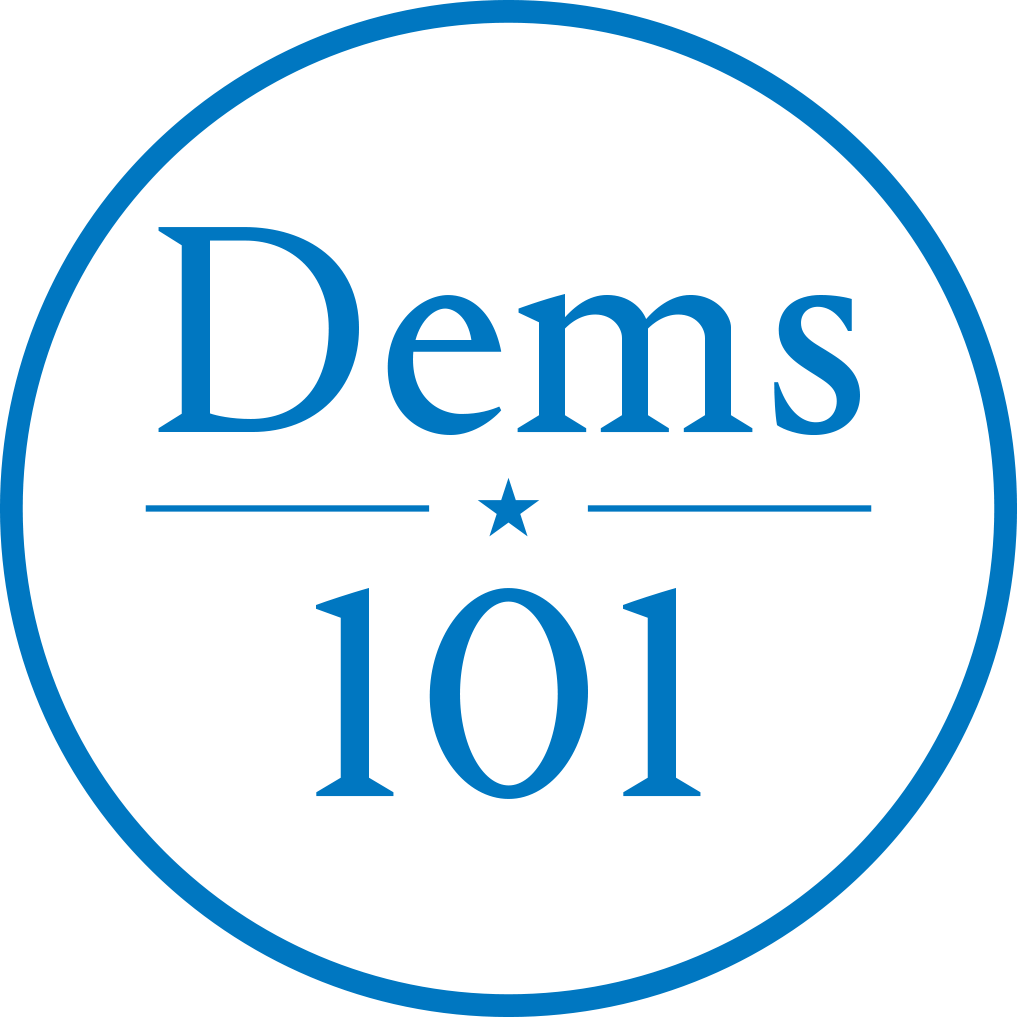politics versus identity
Politics is how you make things happen.
Politics is about getting people elected, the endless campaign work, the messaging and meetings and rounding up volunteers and getting out the vote. And money. Politics is about endless amounts of money, and all the problems that brings.
Politics is also the art of governing. It’s about the mechanics of passing legislation, deciding on which issues to take on, fighting over policy and fending off (or giving into) the endless interest groups that overrun everything. Above all, politics is about compromise. Be it be it a local campaign for city council or passing a budget in the House of Representatives, politics is very, very much the art of the possible. It’s not about perfect, or even desirable, it’s about possible.
Identity is something else entirely. It’s permanent. It’s who we are. It’s why we got into this in the first place. Identity is our core values, the unchanging truth that makes us Democrats. Unchanging, and universal. As true twenty years from now as it is today. As true for all of us as it is for any of us. It means we are Democrats first and foremost, no matter who we are or where we live, or what else we believe.
We need both.
Without politics, there is nothing. Without winning elections, everything else is a dream. Without identity, politics becomes an end in itself. No matter how you fancy it up, politics becomes a means to gain power.
Without our moral identity, we are just a traditional political party. And, deep down, that is what we have been for a very long time. Being that traditional political party has caused us to trade the White House back and forth with the Republicans, flipping Congress in an endless Game of Thrones. It is also what has allowed so many Americans to turn off on politics, to say “a pox on both their houses”.
So, what is this Democratic identity? What is this moral touchstone, this emotional home that gives us common Purpose and common Vision, that allows us to navigate the constant pressures we are subjected to as leaders?
We talk about “Democratic values” all the time now, they’re the new political buzz words. But what are our real core values? We are a giant, amorphous party, split into factions with deep emotional differences. What are the basic beliefs that unite us, that give us common purpose? What are the core values that stand apart from political messaging, and policy, and spin? Where are they written down? Where is the paper we can pick up and quote from, the words that say this is who we are, this is why we’re proud, each and every one of us?
That is exactly the purpose of the Democratic Creed. That is why eight people from every wing of our party, every political view from Bernie Socialist to Blue Dog got together and pounded it out, word by carefully argued word, a set of beliefs and definitions so core and so common that every Democrat can hold them up and say, “This is what I believe”. So can most Americans.
That work is done. The Democratic Creed is out there. Now, we have to pick it up. We have to proclaim these values, publicly and often, so often they become emblazoned in the minds of the voting public, so often they become our public identity. That is exactly why you and your organization need to adopt the Democratic Creed. Officially. We need to take a stand.
The best part is: it’s free. It doesn’t cost anything to proclaim the Democratic Creed. It doesn’t cost anything to officially adopt a set of beliefs that begins with: “We believe that all people are created equal, that this is America’s fundamental ideal.”.
It doesn’t cost anything to stand up and declare that our purpose as a party is: “A just society .. as long as it takes”. It doesn’t cost anything to make these things official, to put them on websites and in documents, to make them the official basis for messaging and platform. It doesn’t cost money, and it doesn’t take campaign resources. And it doesn’t require state parties to change the way they run campaigns, or anything else .. not the DNC, not any of the other national organizations, not even Indivisible.
It only takes an understanding of what this is all really about, and the will to act.
J.M. Purvis is the author of Democrats 101, and a contributor to the Democratic Creed.

